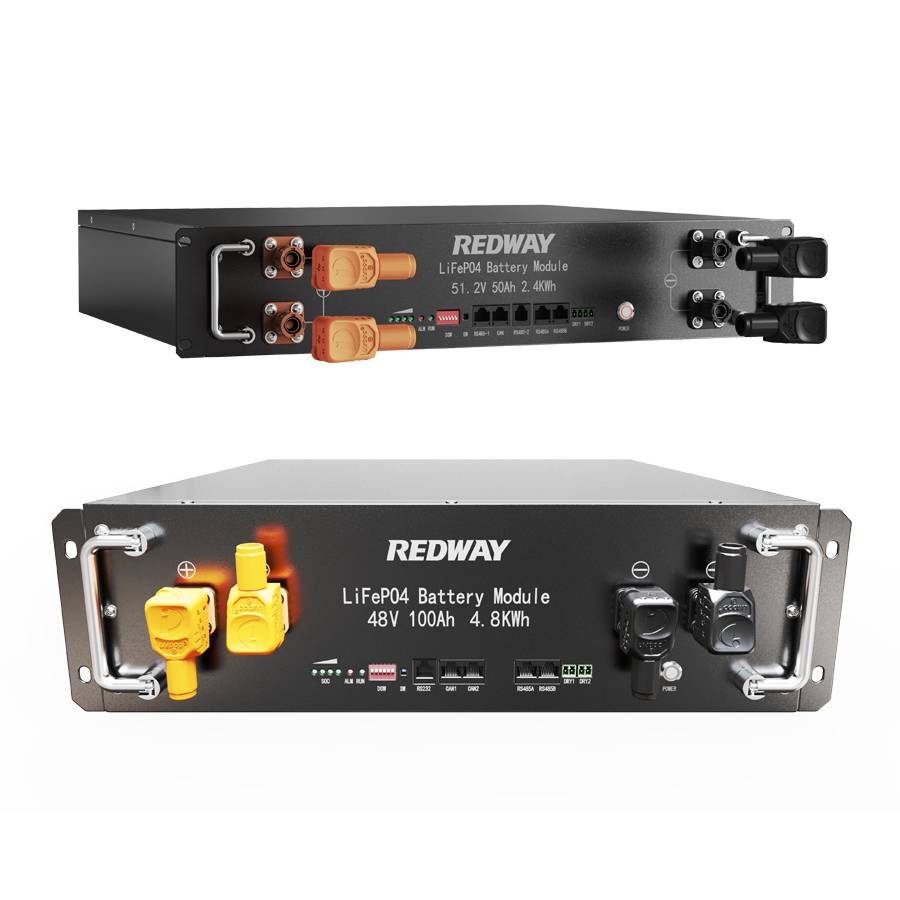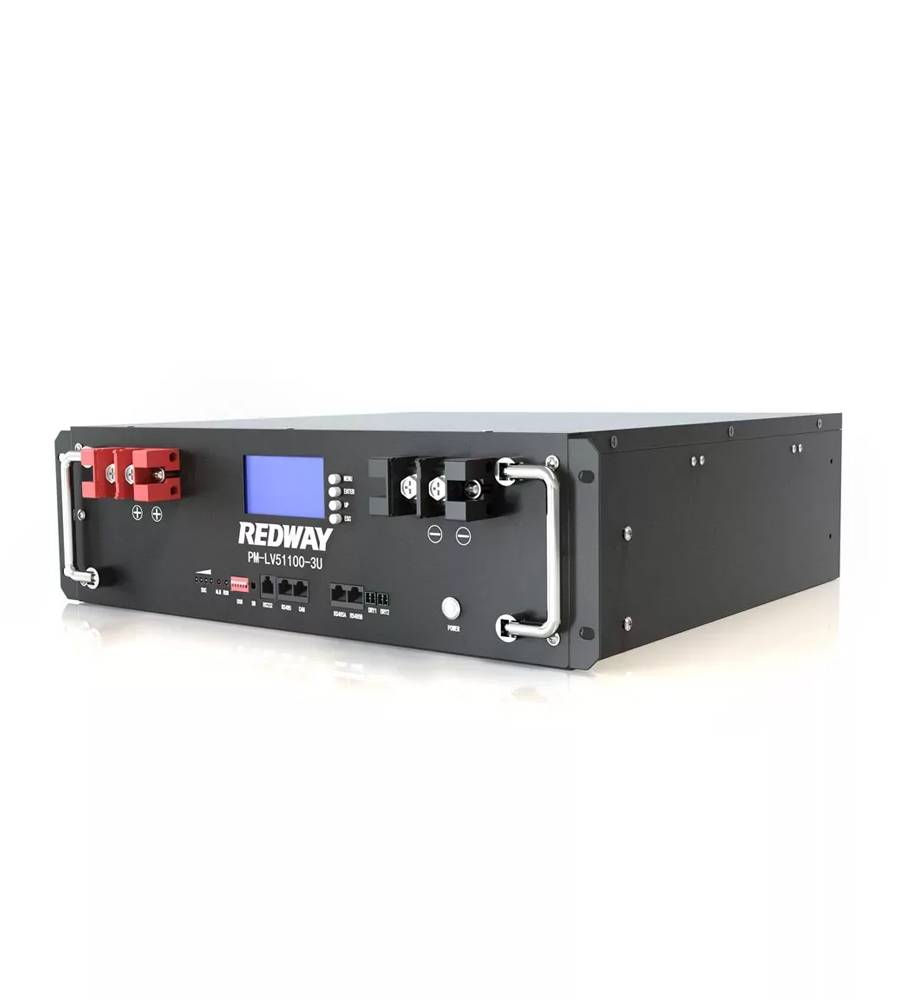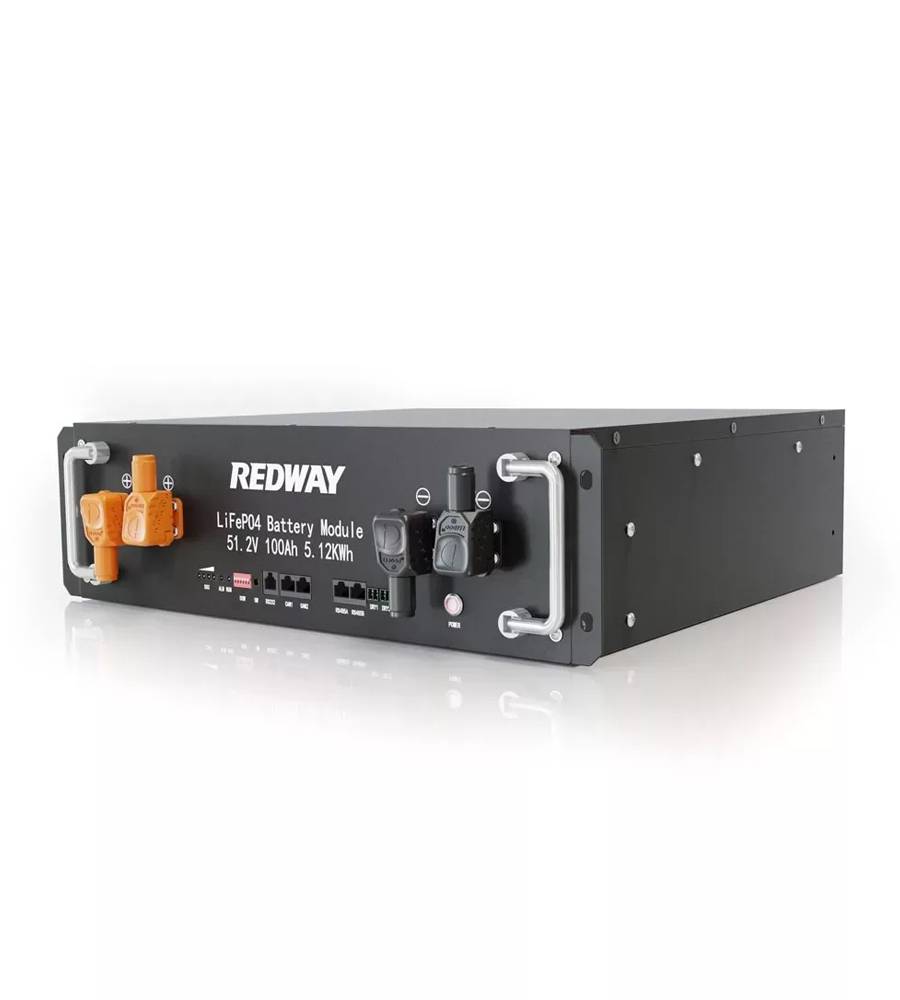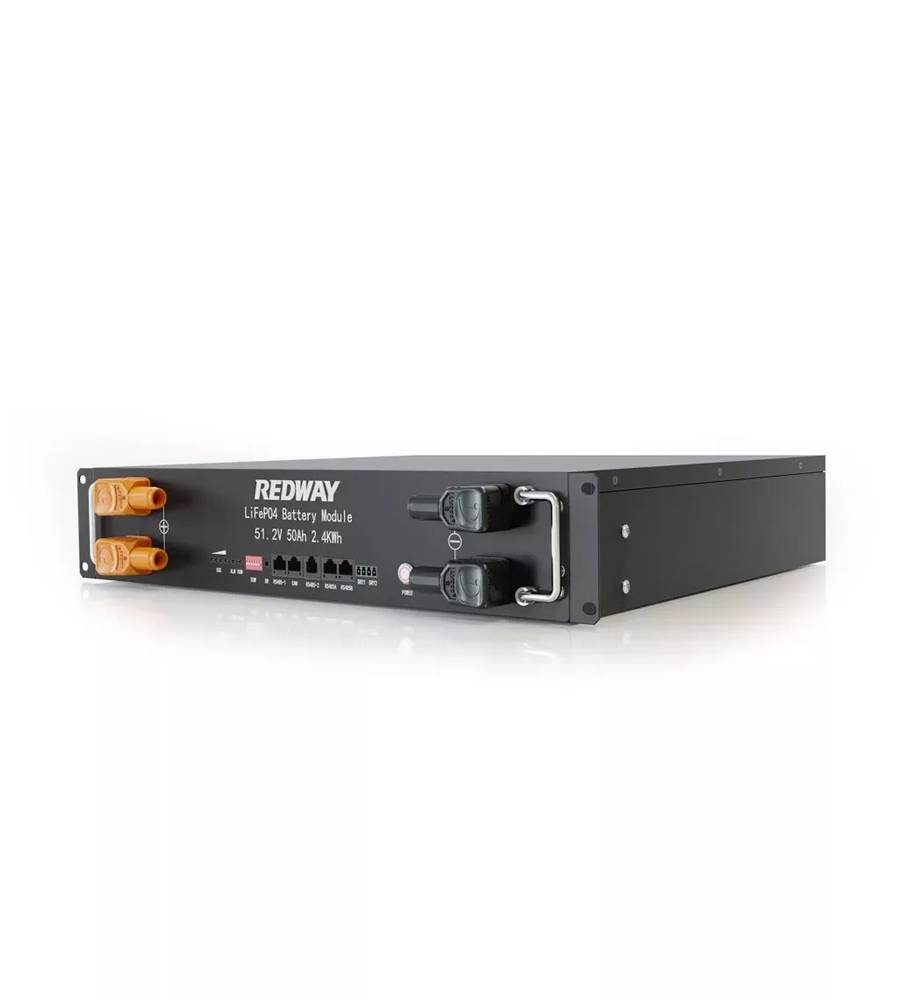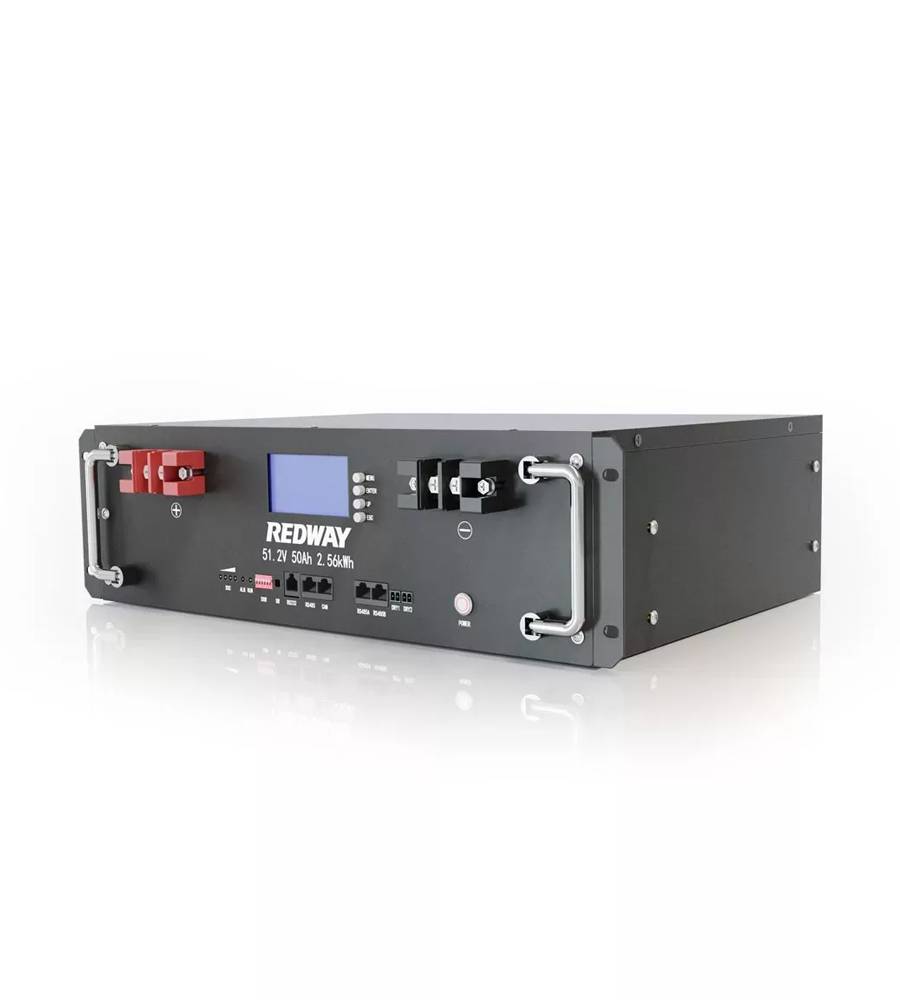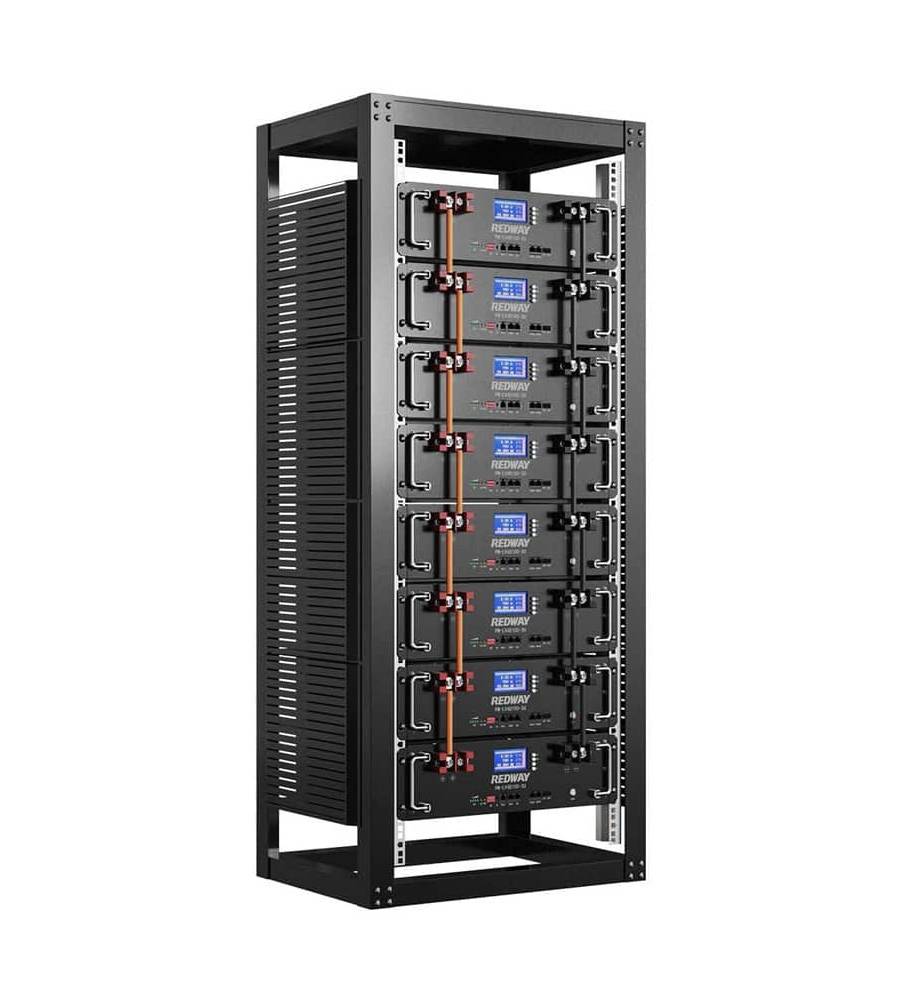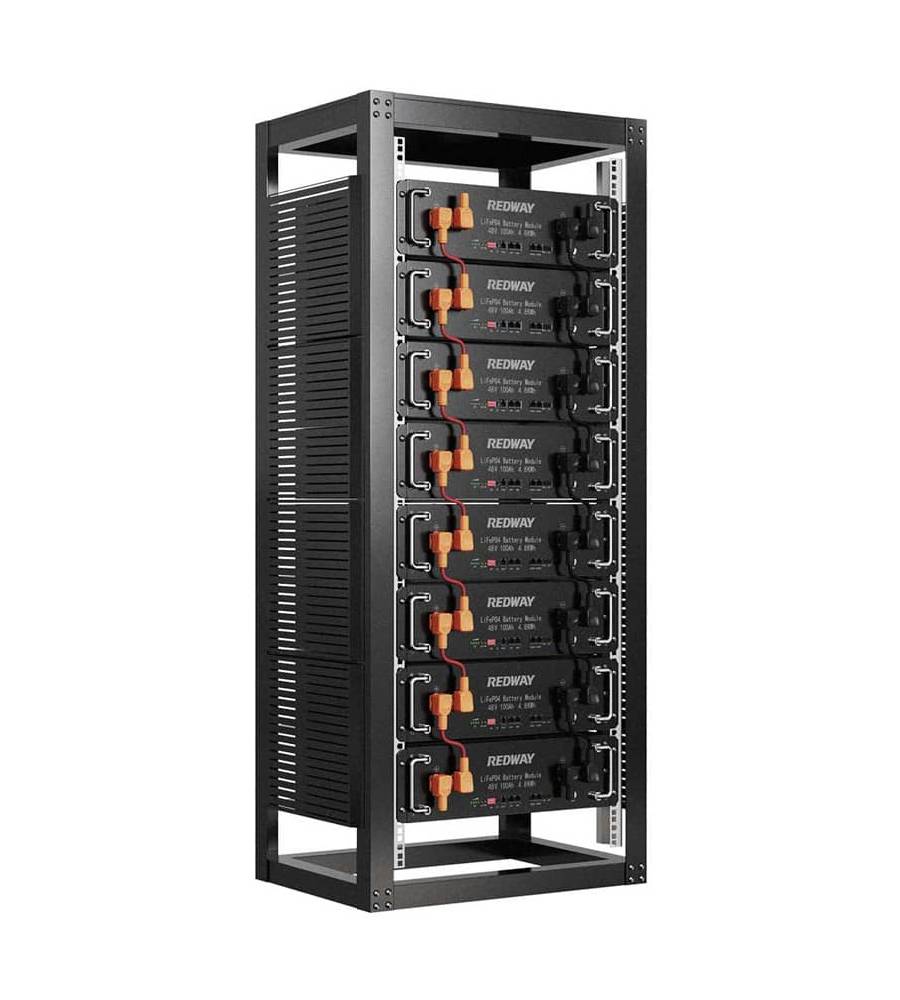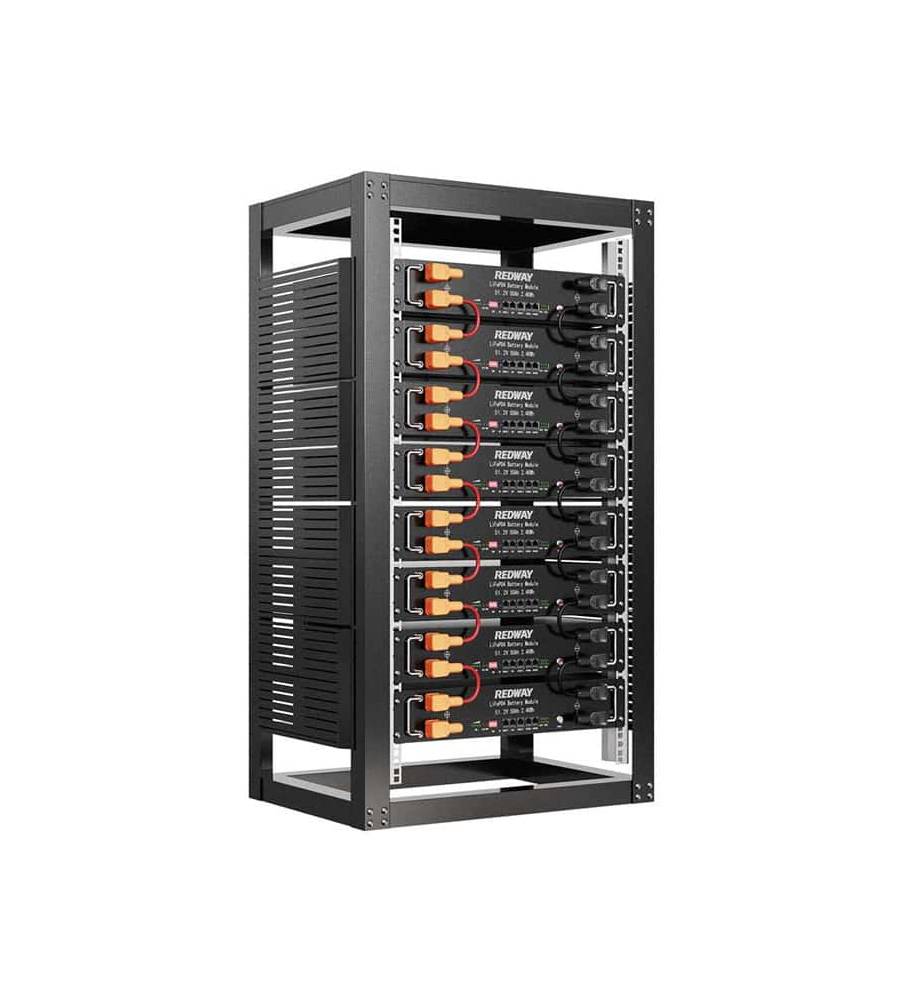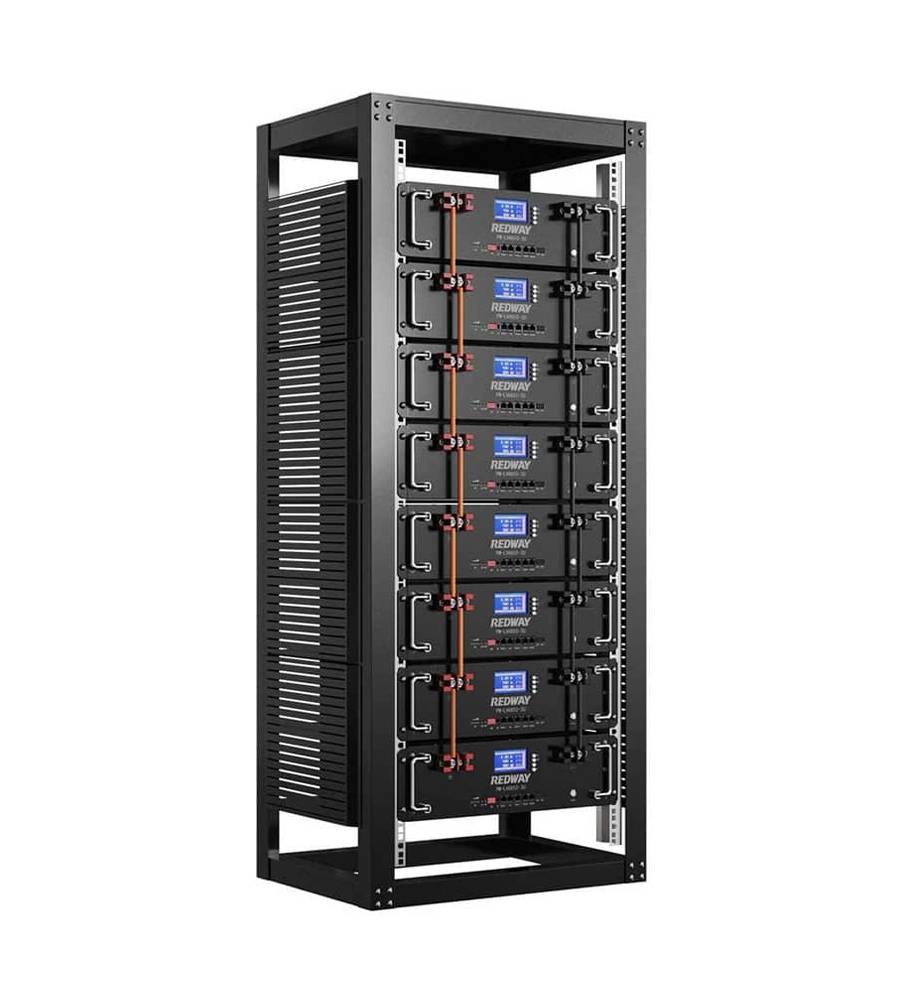- Forklift Lithium Battery
-
48V
- 48V 210Ah
- 48V 300Ah
- 48V 420Ah (949 x 349 x 569 mm)
- 48V 420Ah (950 x 421 x 450 mm)
- 48V 456Ah
- 48V 460Ah (830 x 630 x 590 mm)
- 48V 460Ah (950 x 421 x 450 mm)
- 48V 460Ah (800 x 630 x 600 mm)
- 48V 460Ah (820 x 660 x 470 mm)
- 48V 500Ah
- 48V 560Ah (810 x 630 x 600 mm)
- 48V 560Ah (950 x 592 x 450 mm)
- 48V 600Ah
- 48V 630Ah
-
48V
- Lithium Golf Cart Battery
- 12V Lithium Battery
12V 150Ah Lithium RV Battery
Bluetooth App | BCI Group 31
LiFePO4 Lithium
Discharge Temperature -20°C ~ 65°C
Fast Charger 14.6V 50A
Solar MPPT Charging - 24V Lithium Battery
- 36V Lithium Battery
- 48V Lithium Battery
-
48V LiFePO4 Battery
- 48V 50Ah
- 48V 50Ah (for Golf Carts)
- 48V 60Ah (8D)
- 48V 100Ah (8D)
- 48V 100Ah
- 48V 100Ah (Discharge 100A for Golf Carts)
- 48V 100Ah (Discharge 150A for Golf Carts)
- 48V 100Ah (Discharge 200A for Golf Carts)
- 48V 150Ah (for Golf Carts)
- 48V 160Ah (Discharge 100A for Golf Carts)
- 48V 160Ah (Discharge 160A for Golf Carts)
-
48V LiFePO4 Battery
- 60V Lithium Battery
-
60V LiFePO4 Battery
- 60V 20Ah
- 60V 30Ah
- 60V 50Ah
- 60V 50Ah (Small Size / Side Terminal)
- 60V 100Ah (for Electric Motocycle, Electric Scooter, LSV, AGV)
- 60V 100Ah (for Forklift, AGV, Electric Scooter, Sweeper)
- 60V 150Ah (E-Motocycle / E-Scooter / E-Tricycle / Tour LSV)
- 60V 200Ah (for Forklift, AGV, Electric Scooter, Sweeper)
-
60V LiFePO4 Battery
- 72V~96V Lithium Battery
- Rack-mounted Lithium Battery
- E-Bike Battery
- All-in-One Home-ESS
- Wall-mount Battery ESS
-
Home-ESS Lithium Battery PowerWall
- 24V 100Ah 2.4kWh PW24100-S PowerWall
- 48V 50Ah 2.4kWh PW4850-S PowerWall
- 48V 50Ah 2.56kWh PW5150-S PowerWall
- 48V 100Ah 5.12kWh PW51100-F PowerWall (IP65)
- 48V 100Ah 5.12kWh PW51100-S PowerWall
- 48V 100Ah 5.12kWh PW51100-H PowerWall
- 48V 200Ah 10kWh PW51200-H PowerWall
- 48V 300Ah 15kWh PW51300-H PowerWall
PowerWall 51.2V 100Ah LiFePO4 Lithium Battery
Highly popular in Asia and Eastern Europe.
CE Certification | Home-ESS -
Home-ESS Lithium Battery PowerWall
- Portable Power Stations
We accept OEM, ODM and SKD orders
Server Rack Battery Factory Manufacturer OEM / ODM
Redway Power
Energy Storage Lithium Batteries, One-Stop Solution
Redway Power pioneers Energy Storage Lithium Batteries, designed for efficient storage and release of electrical energy. These rechargeable lithium-ion batteries, crafted by Redway, are integral in storing excess energy from renewable sources like solar panels or wind turbines.
Tailored for residential, grid-scale, and backup power applications, Redway Power's Energy Storage Lithium Batteries contribute to balancing energy supply and demand, enhancing grid resilience, and facilitating the integration of renewable energy. With a commitment to innovation, these batteries exemplify Redway Power's dedication to providing advanced solutions for efficient and sustainable energy storage, promoting a greener and more reliable energy infrastructure.
Redway Power for Batteries OEM/ODM
Best Energy Storage Lithium Batteries Manufacturer in 2024
Energy Storage Batteries Wholesale
Energy storage batteries wholesale offer a range of options for storing electrical energy. These batteries are commonly used in renewable energy systems, like solar and wind power, to store excess energy for later use. They come in different types, such as lithium-ion, lead-acid, and flow batteries, each with its own benefits. Wholesale energy storage batteries provide cost-effective solutions for businesses and individuals looking to incorporate energy storage into their systems.
What is the wholesale price of lithium battery?
You can click contact us or phone call us. We will give you multiple options of price.
Is Redway Power a trading company or factory?
Redway Power is a company with its own factory, integrating research, development, production, and sales.
How about the quality of Redway's LiFePo4 Battery product?
Redway Power boasts over 12 years of experience in LiFePO4 battery production and is an authorized supplier for CATL and BYD.
Can you do an OEM/ODM project?
Yes, we have engineers available to assist in designing and developing any related products.
What’s your MOQ?
MOQ varies according to battery voltage and capacity.
What payment terms can we accept?
We accept TT/Paypal/West Union, etc.
Energy Storage Lithium Batteries Knowledge
Energy storage lithium batteries, specifically lithium-ion batteries, are rechargeable batteries that store electrical energy. They are widely used in various applications, including portable electronic devices, electric vehicles, and energy storage systems. The working principle of lithium-ion batteries involves the movement of lithium ions between the positive and negative electrodes during charging and discharging. These batteries offer high energy density, lightweight design, and long cycle life. With their ability to store and release energy efficiently, lithium-ion batteries are the most feasible and commonly used technology for energy storage applications.
Do lithium batteries really last 10 years?
Lithium-ion batteries’ lifespan varies based on factors like charging cycles, patterns, temperature, and storage. Most have around 500 cycles, while LiFePO4 batteries last longer. Charging at 50% and avoiding full discharges help. Extreme temperatures affect performance, so store them in a cool, dry place. Aim for 50% charge for storage. Following these practices can extend battery life.
Let’s break it down:
Charging Cycles:
- Imagine your battery like a car. Each time you fully charge and use it up, it’s like driving a mile in the car. Lithium-ion batteries typically handle about 500 “miles” before they start to wear out. However, some special batteries can go much farther, like driving thousands of miles before wearing down.
Charging Patterns:
- Think of your battery like a phone that needs to eat. It’s better to feed it little snacks (charges) rather than stuffing it with a big meal (full charge). Avoid letting your battery get too hungry (fully discharge) or too full (fully charged). Feeding it small snacks (charging around 50%) is best for its health.
Temperature and Storage:
- Now, picture your battery like a plant. It likes to be in a nice, cozy place, not too hot or too cold. Store it in a cool, dry spot, like a cozy room, away from hot ovens or freezing fridges. When you put it away for a while, make sure it’s not too full or too empty—around halfway is perfect. Taking care of your battery like this can make it last much longer, just like taking care of your car or phone!
How do you charge lithium ion batteries?
To charge lithium-ion batteries properly, follow these steps:
Check Battery Level: Charge when battery is below 50%.
Turn Off Device: Charging is more effective with device off.
Connect Charger: Plug charger into outlet before device.
Disconnect at 85%: Avoid charging to 100% to preserve battery health.
Use specialized chargers for safe and efficient charging.
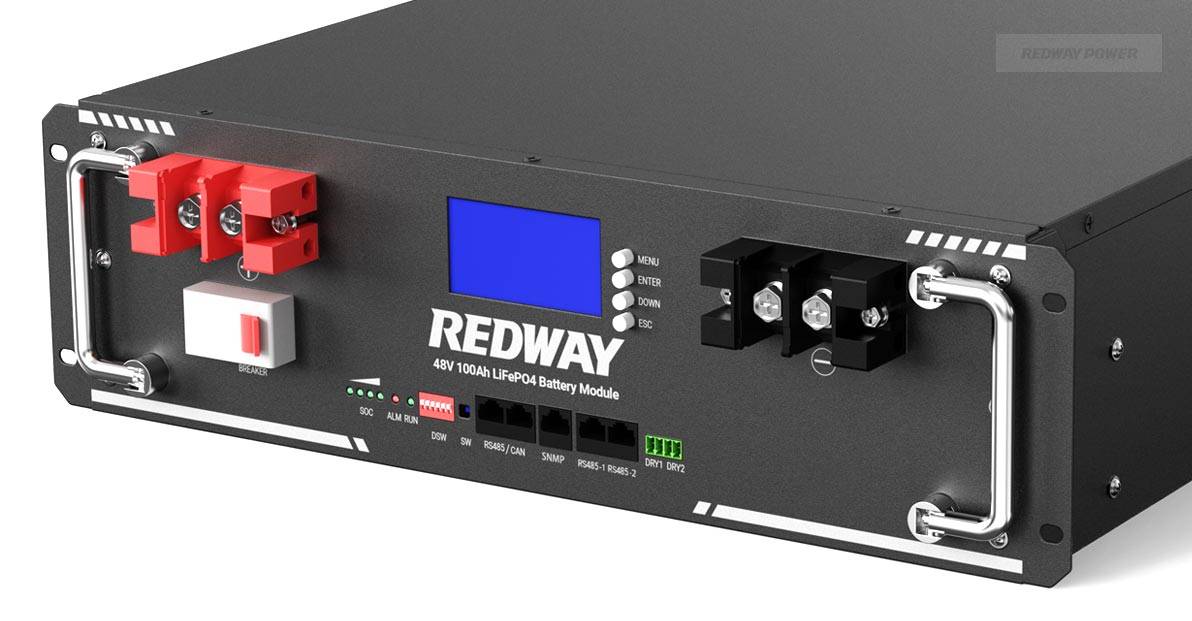
How do you store lithium ion batteries?
To properly store lithium-ion batteries, keep them in a cool, dry place away from extreme temperatures and direct sunlight. Maintain a 50% charge level and avoid full or empty states. Use original packaging or specialized cases, and periodically check the charge level. Safety measures include identifying battery types and considering fire detection and suppression.
Here’s what you need to know:
Location and Conditions:
- Find a cool, dry spot away from direct sunlight and extreme temperatures for battery storage.
- Aim for around 50% charge and avoid storing batteries fully charged or empty to maintain their health.
Packaging and Maintenance:
- Use original packaging or specialized cases for storage to prevent damage.
- Regularly check the battery’s charge level and recharge if needed to avoid over-discharge.
Safety Measures:
- Identify the type of battery and consider safety measures like fire detection and suppression.
- Following these guidelines ensures your batteries stay safe and perform well over time.
How long do lithium batteries last in storage?
Storing lithium batteries properly is crucial for their longevity. Follow these simple tips:
- Temperature and Humidity: Keep them in a cool, dry place.
- State of Charge: Store them at about 50% charge.
- Packaging and Containment: Use proper packaging.
- Avoid Extreme Conditions: Keep them away from very high or low temperatures.
- Regular Checks: Periodically check their charge level.
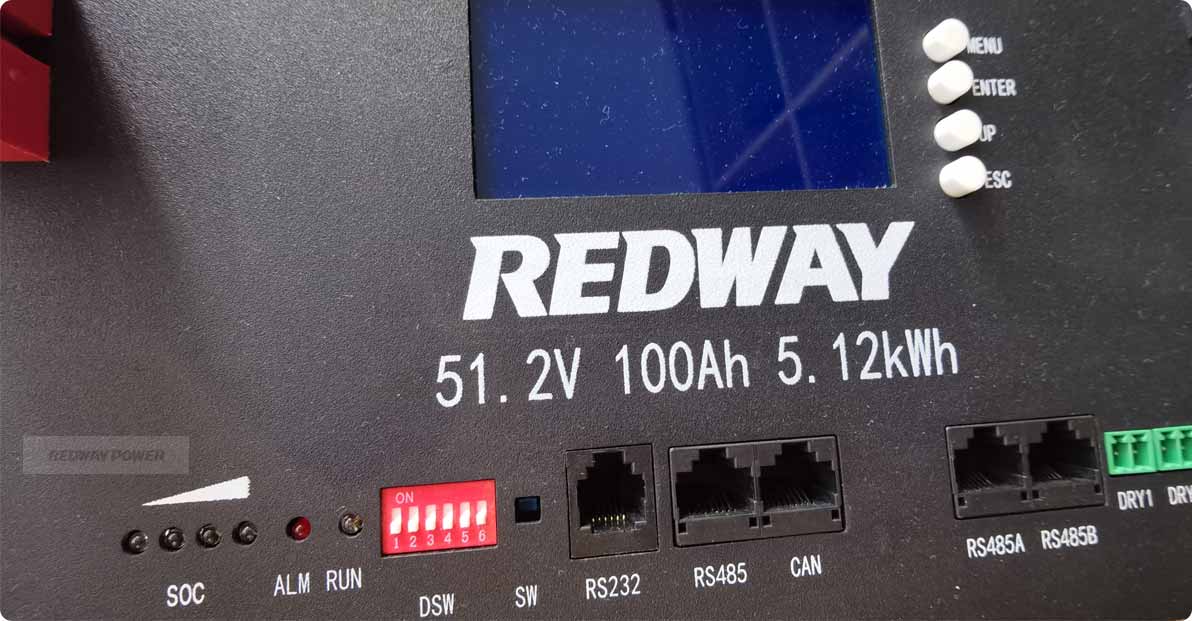
Does a lithium battery need a special charger?
Yes. Lithium-ion batteries need a specialized charger for safe and efficient charging. Regular chargers may not be suitable because lithium-ion batteries require a specific charging profile to prevent overcharging or undercharging. Specialized chargers also address technical issues like desulfation mode and voltage parameters, ensuring optimal battery health and performance. Invest in a charger designed for lithium batteries to avoid potential damage.
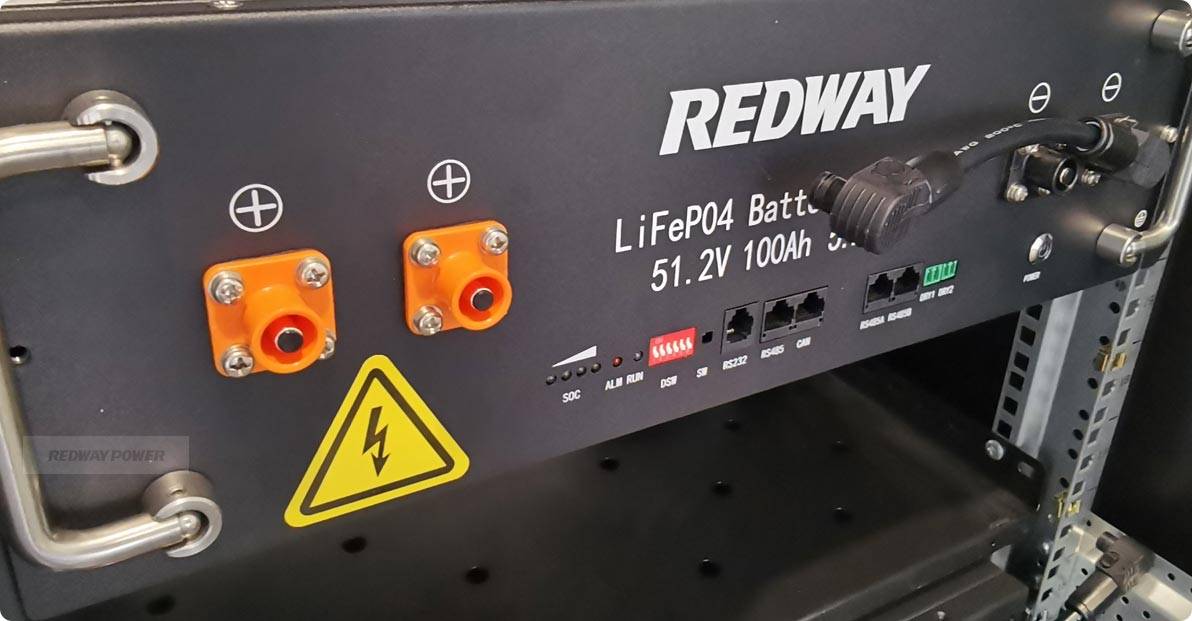
Let’s break down why:
Specific Charging Profile: Lithium-ion batteries require a unique charging profile to prevent damage from overcharging or undercharging. Regular chargers may not provide this specialized approach, risking battery health.
Technical Considerations: Specialized chargers address technical aspects like desulfation mode and voltage parameters, ensuring optimal charging without risking damage to the battery.
Optimal Performance: Investing in a charger designed specifically for lithium-ion batteries ensures they charge efficiently and safely, maintaining their performance over time.
By using a charger tailored to lithium-ion batteries, you can ensure they remain reliable and perform optimally for a longer duration.
Should lithium batteries be stored full or empty?
When storing lithium-ion batteries, aim for around 80% charge for everyday use to preserve their lifespan. Avoid charging to full capacity regularly, as this can accelerate wear. Understanding charging cycles, which involve fully charging and discharging the battery, is essential for managing its health. These practices ensure longevity and optimal performance.
When storing lithium-ion batteries, it’s crucial to understand the right charging levels to maintain their health and longevity.
Optimal Charging: Charging lithium-ion batteries to around 80% capacity is best for everyday use, as it reduces wear and tear over time.
Avoid Full Charge: Constantly charging batteries to 100% can degrade their capacity faster, especially if done regularly.
Charging Cycles: Knowing about charging cycles—fully charging and discharging—helps in managing battery health.
Proper charging practices can extend the lifespan of lithium-ion batteries, ensuring they remain reliable for longer periods.
Is it OK to store lithium batteries in the garage?
Storing lithium batteries in the garage is generally safe, but temperature control is crucial. Detached garages without heating can expose batteries to freezing temperatures, while attached garages with insulation are better. Follow safety measures, avoid flammable items, and regularly inspect batteries for damage. Proper care ensures reliable performance. Choose storage wisely based on temperature conditions.
When you’re thinking about storing lithium batteries in your garage, there are some important things to consider to keep them safe and in good condition.
Temperature Matters:
- If your garage gets really cold in winter or very hot in summer, it might not be the best place to store lithium batteries.
- Extremely low temperatures, like those in some detached garages, can damage batteries, affecting how well they work.
Garage Types:
- Detached garages, especially those without heating, can be risky for battery storage because they can get too cold in winter.
- Attached garages, especially ones with good insulation, are better since they usually stay at more stable temperatures.
Safety Tips:
- Always keep batteries away from anything flammable, and make sure they’re stored in proper packaging to prevent damage.
- Check batteries regularly for any signs of damage, like leaking or corrosion, and replace them if needed.
It’s important to choose the right storage spot for your lithium batteries to make sure they stay safe and work well.
Is it safe to store lithium batteries in the house?
It’s safe to store lithium batteries indoors by following safety precautions. Keep them in a cool, dry spot away from sunlight and extreme temperatures. Avoid flammable materials and use appropriate packaging. Following these guidelines ensures safe storage and prevents accidents.
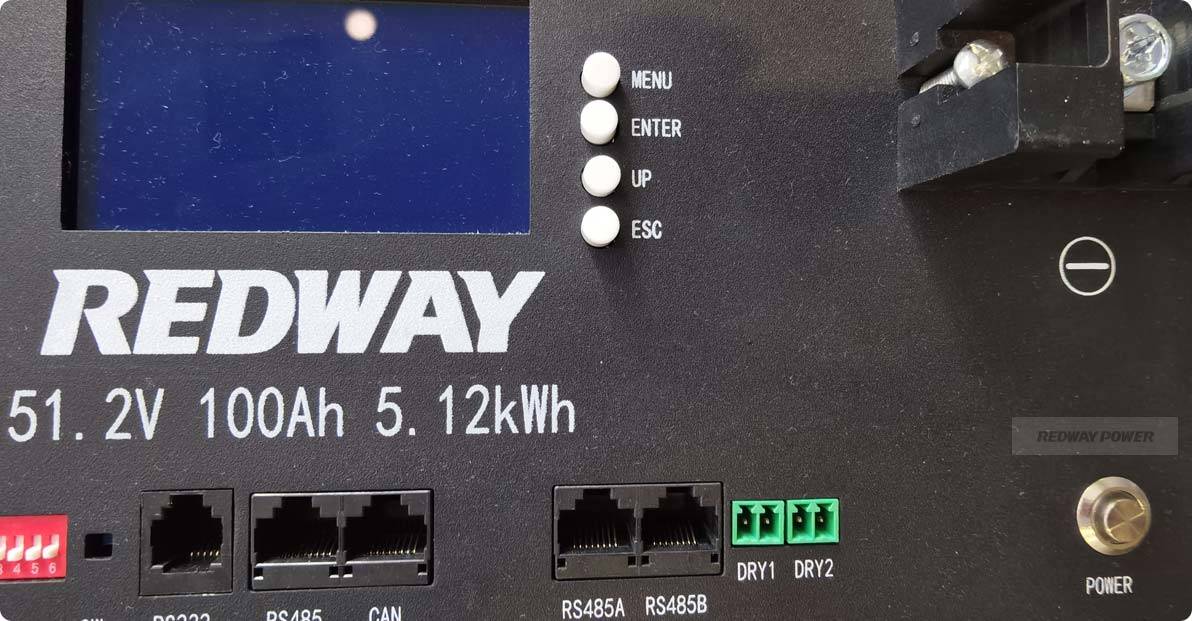
Here’s how:
Choose the Right Spot:
- Find a cool, dry area away from direct sunlight and extreme temperatures to store your lithium batteries.
- Avoid places near heat sources, like radiators or stoves, as they can cause batteries to overheat.
Handle with Care:
- Keep lithium batteries away from flammable materials, such as paper or fabric, to reduce the risk of fire.
- Use proper packaging when storing or transporting batteries to prevent damage and short circuits.
Follow Guidelines:
- Adhere to manufacturers’ instructions for storage and disposal of lithium batteries to ensure safety.
- Insulate battery terminals to prevent accidental contact with conductive materials.
Following these simple steps helps keep your home safe and ensures your lithium batteries remain in good condition. If you have more questions, feel free to ask!
Inquiry Now














